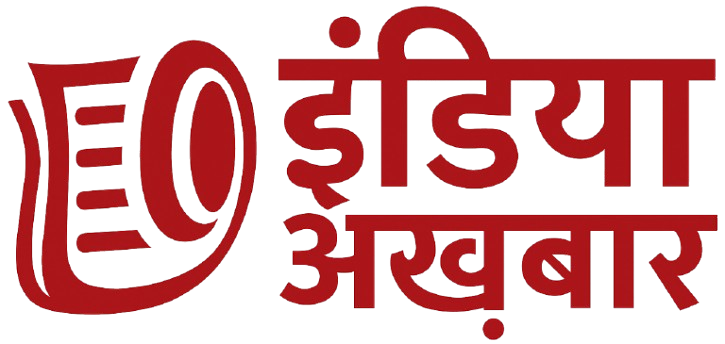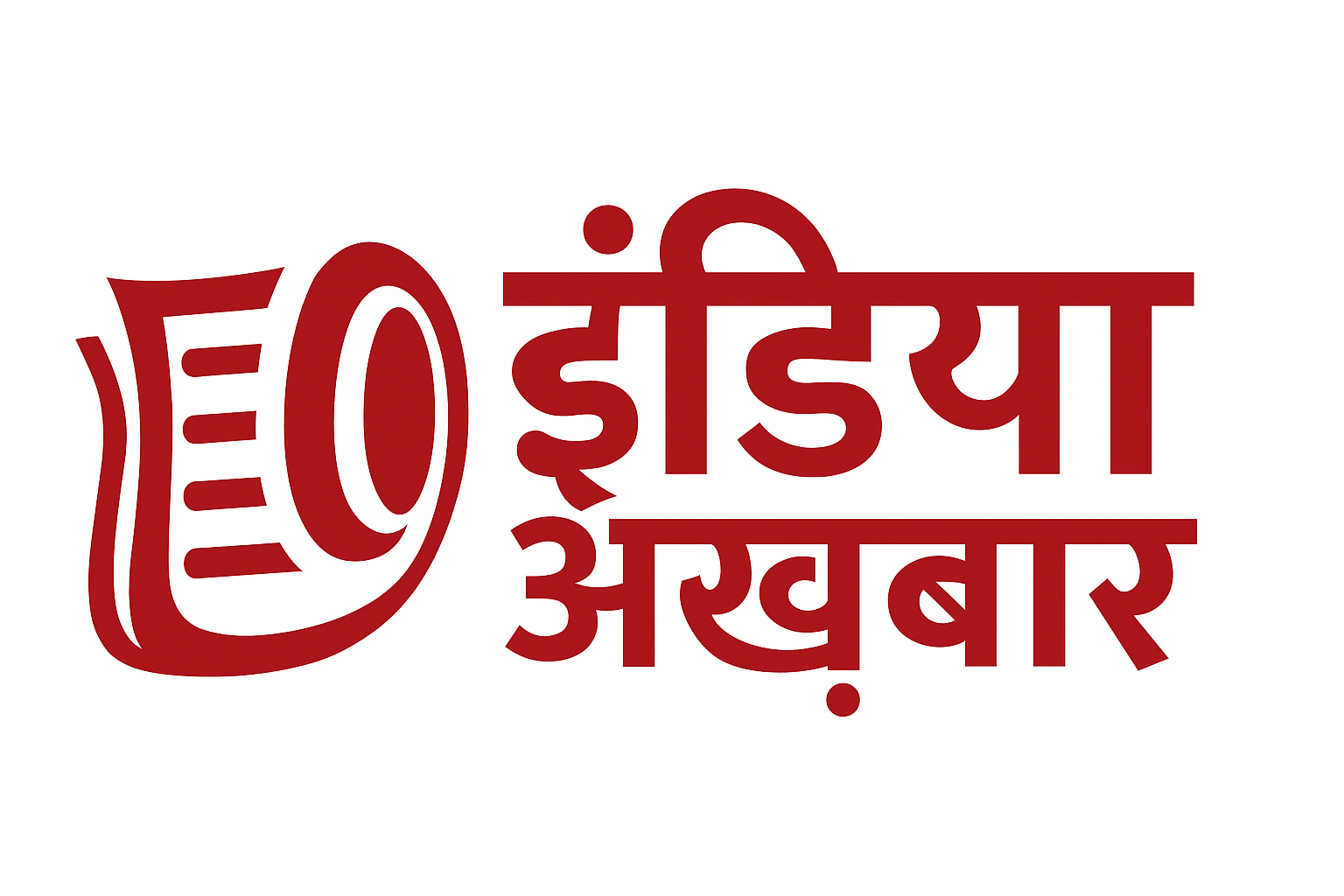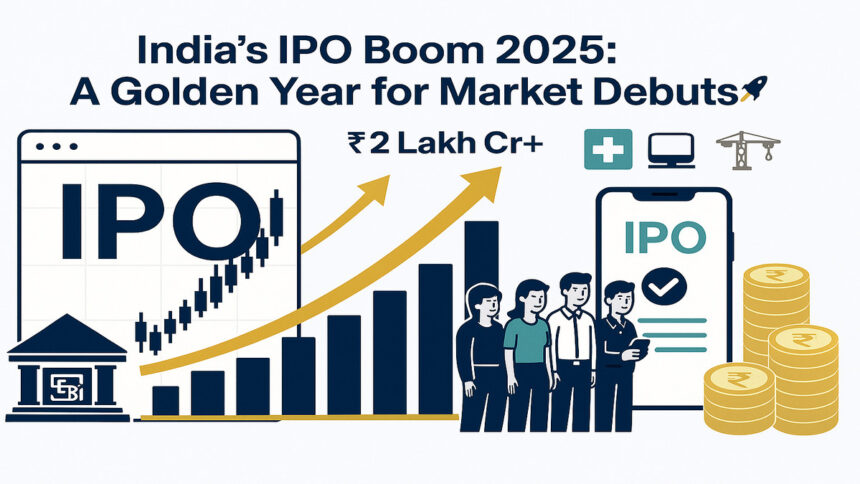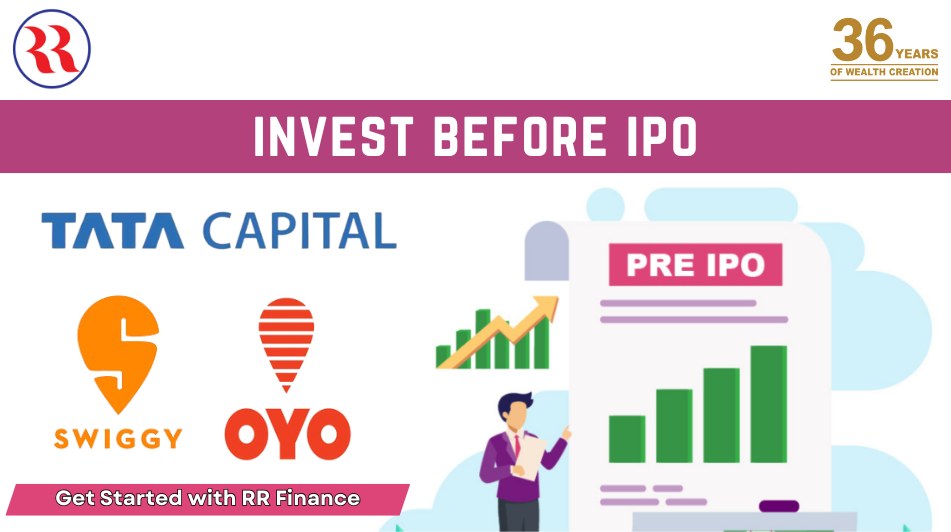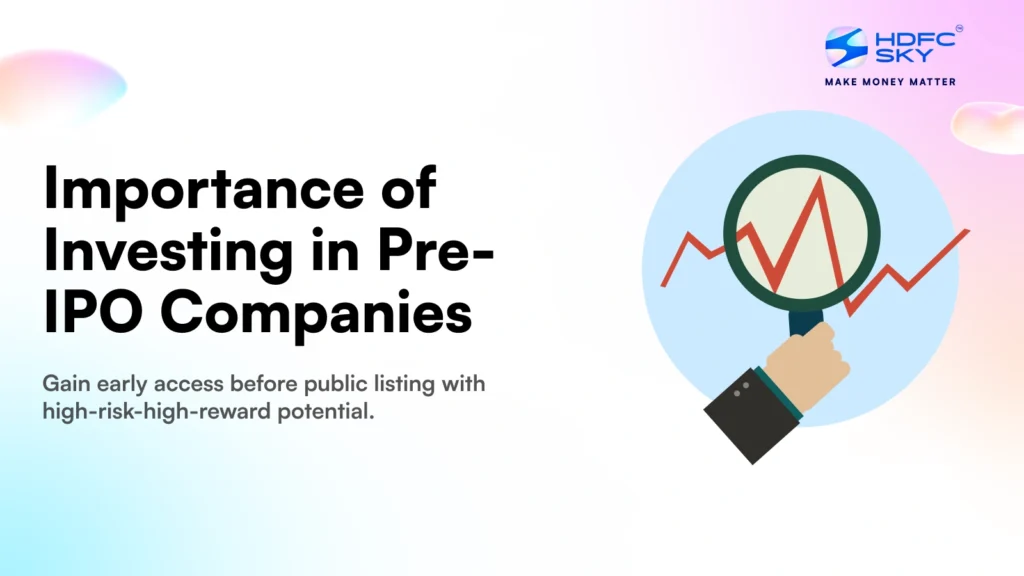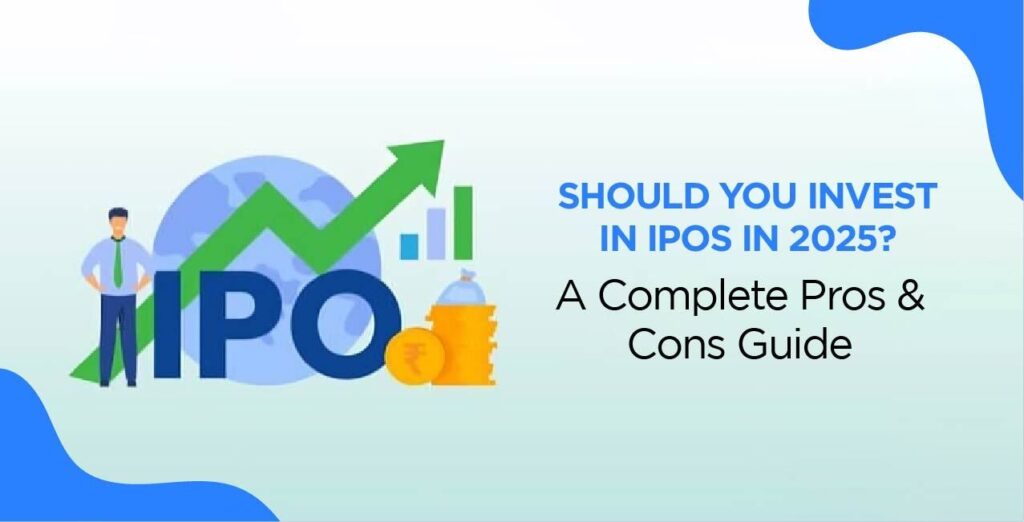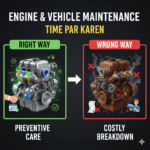Pre-IPO Startup ecosystem इंडिया में पिछले 10 सालों में बहुत तेजी से grow किया है . Zomato, Nykaa, Paytm, Mamaearth जैसे IPOs ने ये साबित कर दिया है कि अगर आप सही समय पर सही जगह invest या काम कर रहे हो, तो wealth creation unlimited हो सकता है.
लेकिन problem यह है कि हर company IPO stage तक नहीं पहुंच पाती. ऐसे में secondary markets employees और founders के लिए एक बड़ा option बनकर उभरे हैं. खासकर उन employees के लिए जो ESOPs (Employee Stock Option Plans) के जरिए अपनी मेहनत के बदले shares पाते हैं.
इस blog में हम detail में समझेंगे कि Secondary Markets for Pre-IPO Employee Shares in India कैसे काम करते हैं, founders और employees को क्या ध्यान रखना चाहिए, tax, compliance, risks और future क्या है.
Secondary Market आखिर है क्या?
Devanagari में simple शब्दों में कहें तो – Secondary Market वो जगह है जहां पहले से issue किए गए shares का खरीद-बिक्री (buy & sell) होता है.
Primary market में company नए shares issue करती है – जैसे IPO Pre-IPO.
Secondary market में पहले से किसी के पास जो shares हैं, वही आगे transfer होते हैं.
👉 Example:
Suppose एक employee के पास startup के 10,000 ESOP shares हैं.
उसे urgently पैसे की ज़रूरत है और company अभी IPO नहीं ला रही.
ऐसे में वो shares secondary market में किसी investor को बेच सकता है.
मतलब IPO का wait किए बिना liquidity मिल जाती है.
क्यों ज़रूरी है Founders और Early Employees के लिए?
1. Liquidity का Option
1. Liquidity का Option
Employees कई बार अपने financial goals पूरे करने के लिए तुरंत पैसे चाहते हैं. IPO तक wait करना हर किसी के लिए possible नहीं होता. Secondary market उस gap को fill करता है.
2. Wealth Diversification
अगर employee के पास सिर्फ company के shares हैं, तो risk ज्यादा है. Secondary sale से वो कुछ shares बेचकर mutual funds, real estate या gold जैसे assets में invest कर सकता है.
3. Founders के लिए Talent Retention
Founder जब secondary sales allow करते हैं, तो employees motivate रहते हैं. उन्हें लगता है कि उनकी मेहनत का तुरंत reward मिल रहा है. इससे company में loyalty बढ़ती है.
Pre-IPO Secondary Sale Process India में कैसे होता है?
India में secondary sales एक structured process के through होते हैं.
Company Approval – Employees को shares बेचने से पहले company की approval लेनी होती है.
Valuation Check – Sale हमेशा किसी pre-decided valuation पर होती है. ये valuation latest funding round और market demand पर depend करता है.
Buyer Hunt – Investors (VCs, HNIs या family offices) ऐसे shares खरीदते हैं.
Documentation – Proper compliance और paperwork किया जाता है.
Money Transfer – Deal final होने के बाद employee को पैसे और buyer को shares मिल जाते हैं.
Zomato और Byju’s के case में कई employees ने IPO से पहले ही secondary sales से करोड़ों कमाए.
क्या Challenges और Risks हैं?
Liquidity की कमी
हर समय buyer available नहीं होता. कभी-कभी months लग जाते हैं deal close करने में.
Valuation में Confusion
Last funding round का valuation और secondary valuation में अंतर हो सकता है. इससे employees को कम price मिल सकता है.
Tax Implications
Shares बेचने पर short-term या long-term capital gains tax लगता है. अगर employee ने shares एक साल से कम hold किए हैं, तो tax ज़्यादा होगा.
Contract Restrictions
कई बार ESOP agreements में lock-in periods होते हैं. मतलब employee एक fixed time तक shares बेच नहीं सकता.
Founders को क्या ध्यान रखना चाहिए?
Policy Clarity: Clear rules होने चाहिए कि employees कब और कितने shares बेच सकते हैं.
Cap Table Management: Secondary sales से ownership structure change होता है, इसे properly manage करना ज़रूरी है.
Transparency: Investors और board members को हर secondary deal की जानकारी होनी चाहिए.
Right Investors: Employees को ऐसे buyers से जोड़ें जो company के लिए strategic value भी add कर सकें.
Early Employees को क्या ध्यान रखना चाहिए?
हमेशा apna ESOP agreement ध्यान से पढ़ें.
Tax और compliance के बारे में पहले से जान लें.
Trusted platforms और advisors से ही deal करें.
Shares under-value में मत बेचें. Short-term पैसे की ज़रूरत के लिए long-term wealth sacrifice ना करें.
Future of Secondary Markets in India
India का startup ecosystem अभी young है. लेकिन पिछले 5 सालों में secondary sales बहुत बढ़े हैं.
Zomato और Paytm में कई employees ने IPO से पहले ही shares बेच दिए.
Flipkart acquisition में भी secondary share sales ने employees को करोड़पति बना दिया.
अब तो कई startups अपने ESOP liquidity program खुद launch कर रहे हैं.
👉 Future में जैसे-जैसे startups mature होंगे, secondary markets और organized होते जाएंगे.
Real-Life Case Studies
Case Study 1: Flipkart
Case Study 1: Flipkart
जब Walmart ने Flipkart acquire किया, तो हजारों employees ने अपने ESOPs secondary sale के जरिए encash किए. कई employees करोड़पति बने.
Case Study 2: Zomato
Pre-IPO IPO से पहले Zomato ने secondary sales allow किए. Early employees को ज़बरदस्त return मिला और उन्होंने wealth diversify किया.
Case Study 3: Byju’s
Byju’s ने भी secondary sales allow किए, जिससे employees को IPO का wait किए बिना liquidity मिल गई.
FAQs – Secondary Markets for Pre-IPO Shares
Q1: क्या हर employee apne ESOPs secondary market में बेच सकता है?
👉 नहीं, depend करता है company policy और ESOP agreement पर.
Q2: क्या secondary market transactions safe होते हैं?
👉 हाँ, अगर आप trusted platforms और company-approved buyers से deal करें तो safe हैं.
Q3: Tax कैसे लगेगा?
👉 Sale पर short-term या long-term capital gains tax लगेगा, depending on holding period.
Q4: क्या founders को control होता है secondary sales पर?
👉 हाँ, ज़्यादातर cases में company की approval ज़रूरी होती है.
Q5: India में secondary share market का future कैसा है?
👉 Bright! जैसे-जैसे startups mature होंगे, ये market और बड़ेगा.
Read More :- Battery as a Service (BaaS) for Urban EVs: Paying for Energy, Not the Vehicle
Read More :- Apple iPhone 16 Pro Max – दमदार Features, Price, Design और Complete Review!
